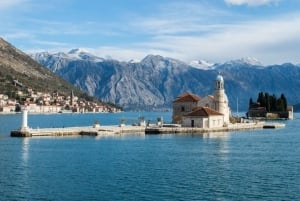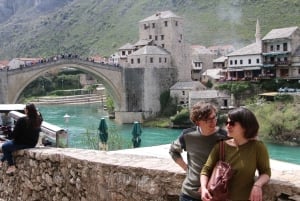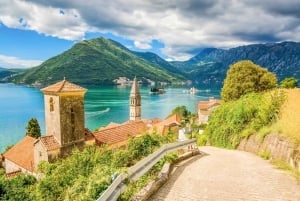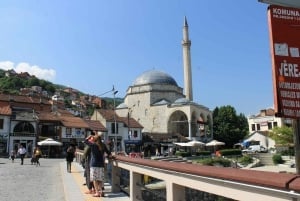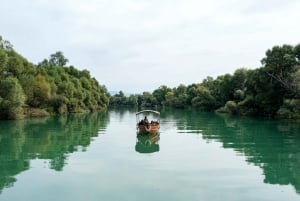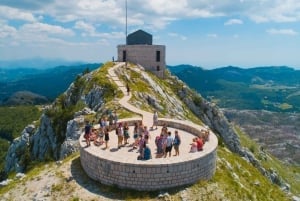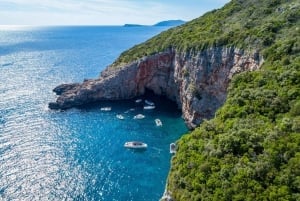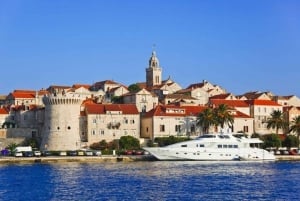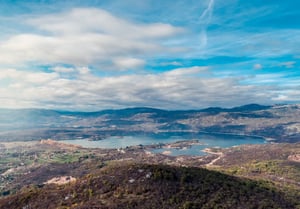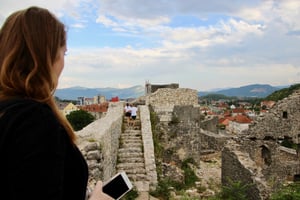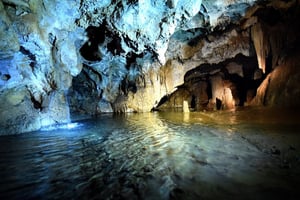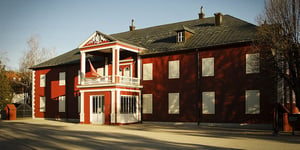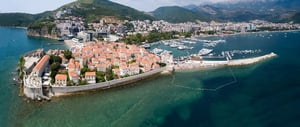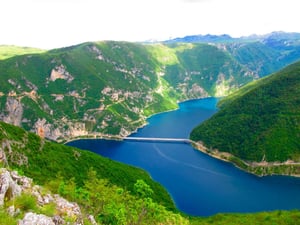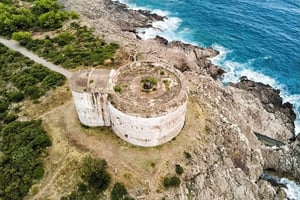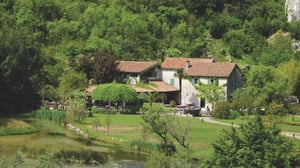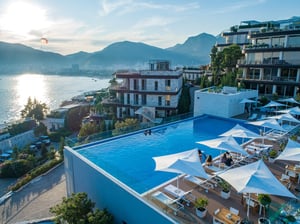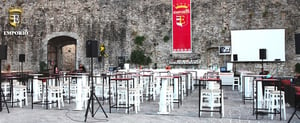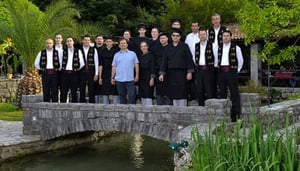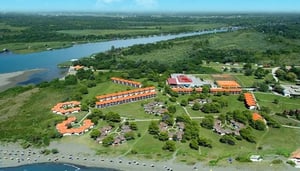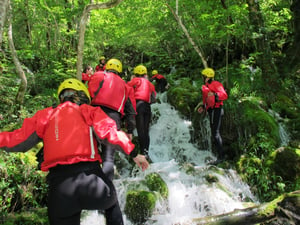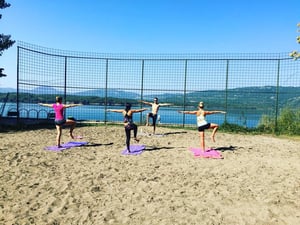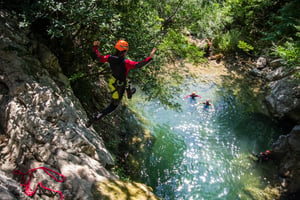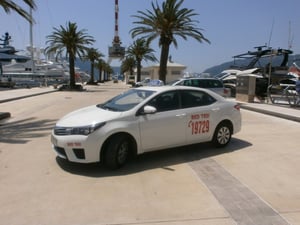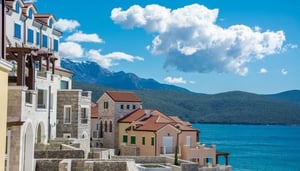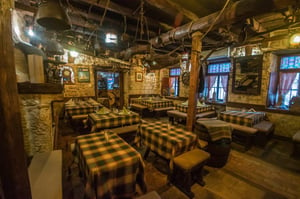Studying Abroad: Educational Systems Comparison in Montenegro and Turkey
Editorial from Turkey
Book Top Experiences and Tours in Montenegro:
If youʻre booking your trip to Montenegro last minute, we have you covered. Below are some of the top tours and experiences!- From Dubrovnik: Private Full-Day Tour to Montenegro
- Sarajevo: Mostar, Konjic, Blagaj Tekke, Pocitelj & Waterfall
- From Dubrovnik: Montenegro Day Trip
- From Skopje: Pristina and Prizren Private Sightseeing Tour
- Skadar Lake Guided Tour to Vranjina Monastery & Wine Tasting
I have planned on starting my master studies outside of Montenegro, even though Turkey was not my first choice form the beginning. I was considering other options like Slovenia or Croatia, but when I found out I have gotten the scholarship I decided to come to Turkey. Here, I am the holder of the scholarship granted by the Presidency for Turks Abroad and Related Communities. It is a full scholarship that provides free accommodation, free Turkish language course for one year, free studies and monthly payment.
When we speak about the education here in Turkey, I have discovered how different it is compared to the education back in Montenegro. First of all, the economic situation of the country is on a much higher level, with Turkey being a larger and economically developed country, and therefore it has better conditions in securing quality education and better chances for employment. Turkey has been particularly effective at improving the educational attainment of its population; most of the Turkish universities are in the top 500-1000 universities in the world, and in 2016 almost 19% of the overall Turkish budget went on education.
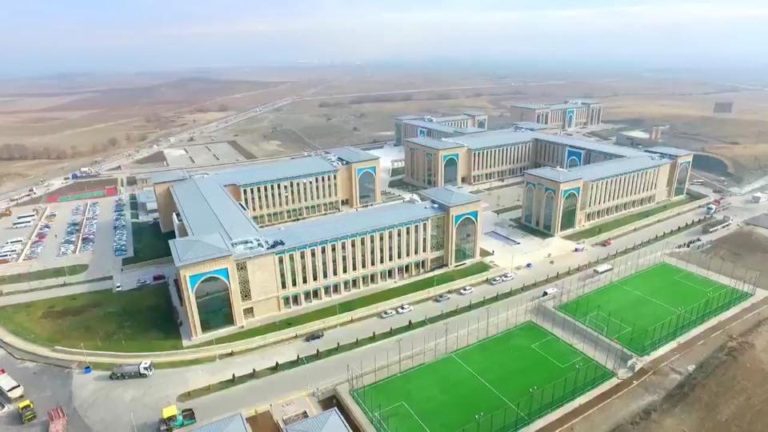
Ankara Yıldırım Beyazıt University
According to the Constitution of the Republic of Turkey, education is compulsory from age 6 to 14 and it is free in state schools. They have Pre-School education, which is optional kindergarten education; Primary Education, which is compulsory and is basic education for eight years (4 years elementary school + 4 years middle school); Secondary Education which is 4 years of High School (Lise), or Vocational High School education; Higher education, 4 years of University, or 2 years at Higher Vocational Schools. Later there are Master studies (2 years) and PhD studies from 3 to 5 years.
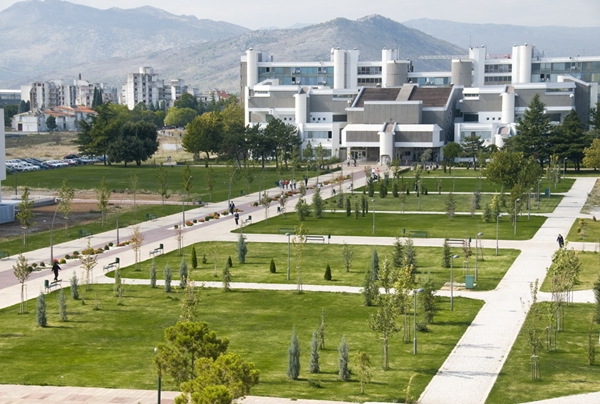
Unversity of Montenegro
Besides public schools and universities, there are private schools and universities as well, but the enrolment in the private institutions is at a very low rate. Foreign students who would like to enrol in the post-graduate programs of the Turkish institutions of higher education can apply directly to universities and continue their studies either on English or Turkish. One of the conditions is to study the Turkish language for one year, before enrolling in university. In Montenegro, the only possible way of studying in English is through student exchange, but this system is still under development.

What I find really interesting is that here âvocational high-schoolsâ and âhigher vocational schoolsâ are very popular. The system allows you to automatically go the field of study you want to; for example, if you express talent for music, art, science or else during primary and secondary education, the schools will direct you to these vocational schools after finishing your compulsory education. In Montenegro, we also have âvocationalâ schools, but they are not as represented as here in Turkey. Surveys show that more adults are expected to graduate from vocational rather than general upper programmes in Turkey. On contrary, in Montenegro, general education is more represented. The Ministry of Education has been trying to change that by opening new vocational departments and suggesting pupils go to vocational schools, in order to decrease the high unemployment rate, offering them the opportunity to learn and earn.
In Montenegro, education is also compulsory from ages 6 to 15, and it is free. There are very few private schools in Montenegro. Pre-school education is also optional, but in recent years, the interest for pre-school education has been rising, thanks to the campaigns conducted by UNICEF, whose goal is to improve awareness of the importance of pre-school education. Primary school lasts for 9 years, and the duration of high school is 4 years. There are âgymnasiumsâ (high schools) that provide general knowledge, and vocational schools that prepare you for a particular vocation. Since 2016, bachelor studies have been free of charge for all students, and from 2019, master studies will be free for those students who pass the entrance exam.

When we speak about higher education in Montenegro, the fact that we have only one state University and two private universities is a little bit discouraging. Because young, educated people are the driving force of every prosperous state, and this is the issue that should be discussed more often. Around 1,500 of Montenegrin students are studying abroad and most of them donât have any intentions of coming back home and this is the challenge that our Government is currently working on, trying to consolidate and recover the opportunity to give better conditions for education and for working environment.




